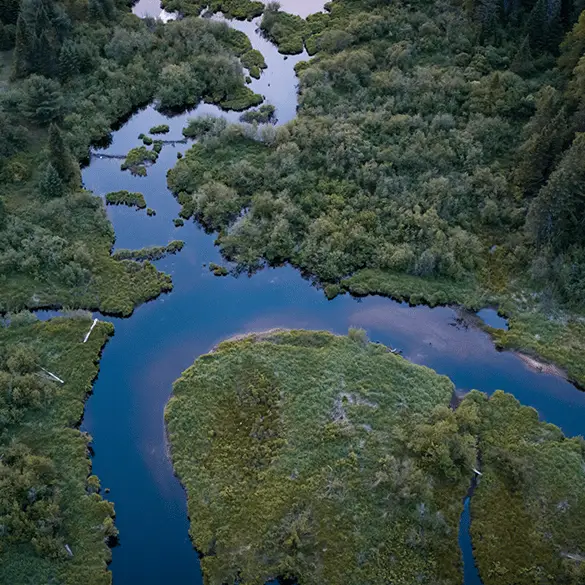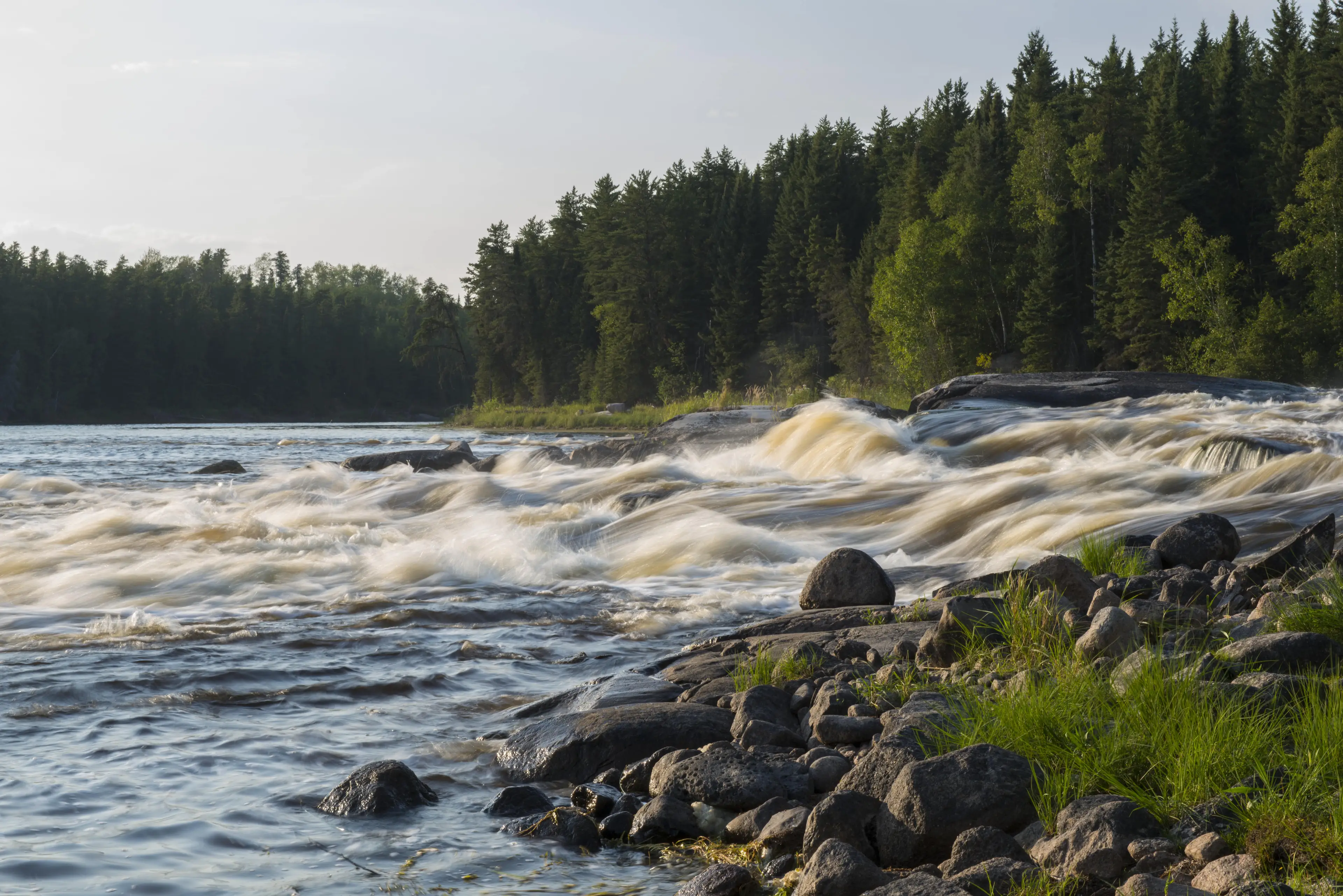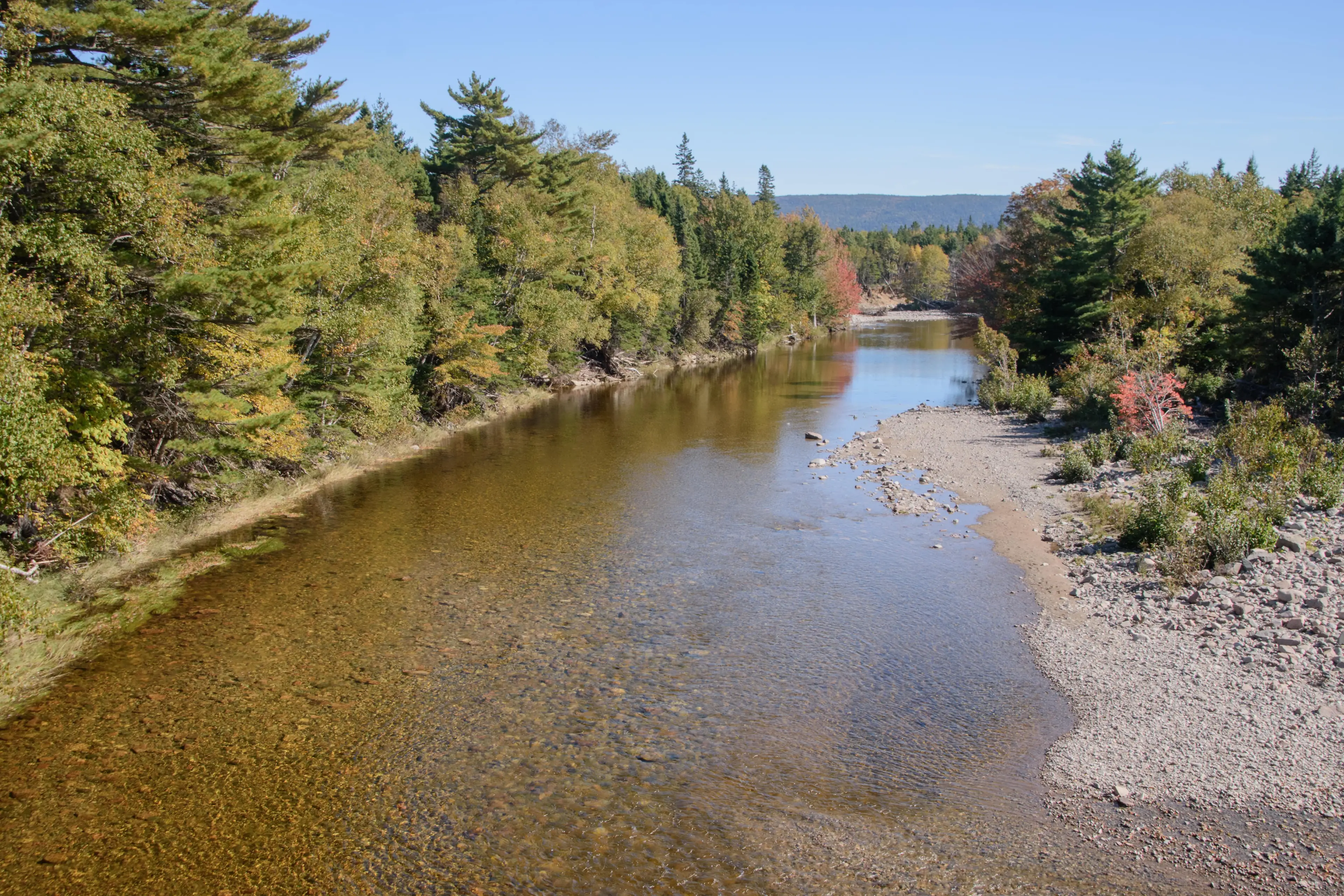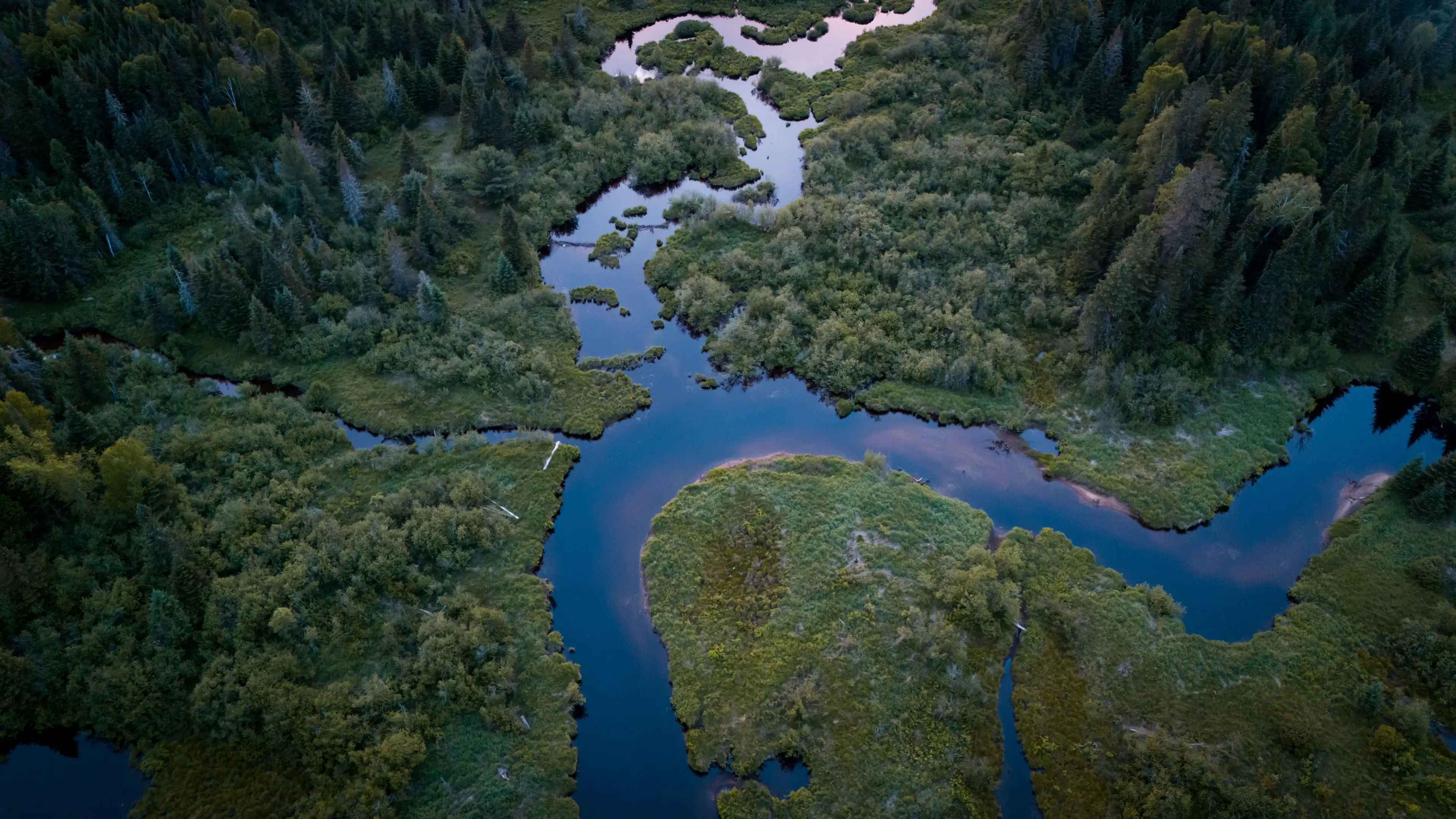
Whether you’re heading into our oceans or into outer space, there is so much to discover about our planet and the universe.
And while there are hidden secrets across the whole planet waiting to be discovered, there is surprisingly one single location on Earth that tells us a lot about our planet’s history and is probably one of the most difficult to track down.
Thankfully, a group of researchers have already made the arduous trip cutting through dense brush to find some spectacular things.
Led by experts out of Stanford University, the researchers were able to piece together a large portion of Earth’s history from this one location.
Advert

The uncovered a site on the banks of Canada’s Peel River which alone preserves 120 million years of Earth’s history, giving us unique insight into life on the ocean floor from 490 to 370 million years ago.
The finds at this location differ hugely from the usual finds of palaeontologists who can typically only collect pinpoints of the past due to the specific conditions necessary for fossils to form. Geological processes usually disrupt this process, creating fragmented fossil records such as those we see of the Palaeozoic era.
The Peel River site begins in the Upper Cambrian period, a time with incredibly low oxygen levels and consequently, sparse animal life.
The site spans a huge period of time, from the Ordovician and Silurian periods, ending in the Middle Devonian period when fish had become the dominant sea creatures.

Lead author of the study Erik Sperling said of the site: 'It's unheard of to have that much of Earth's history in one place,' said lead author Erik Sperling highlighting the rarity of such an in-tact record.
'There's nowhere else in the world that I know of where you can study that long a record of Earth history, where there's basically no change in things like water depth or basin type.'
The crux of Sperling’s research is focused on what the site reveals about the rise of oxygen on Earth. This sounds crazy, but the atmosphere and oceans in the early days of Earth’s history had little to no oxygen.
That was until the Great Oxidation Event that occurred 2.5 – 2.2 billion years ago.

We could do with further research to provide a more complete picture of the species living in the ancient seas at this time, but these findings alone are incredible.
The research suggests that the atmosphere didn’t approach its current state until much later than many scientists originally thought.
Sperling added: 'The early animals were still living in a low oxygen world,' Sperling added.
'In order to make comparisons throughout these huge swaths of our history and understand long-term trends, you need a continuous record.'